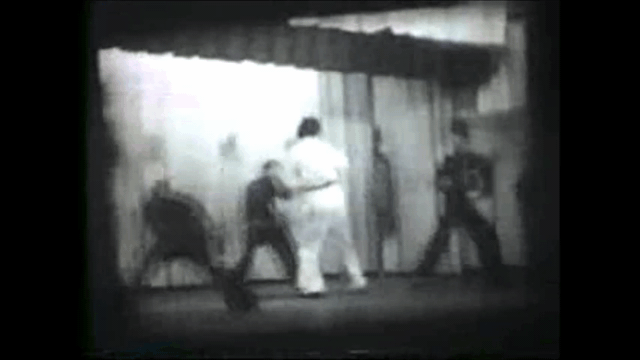Bring a knife (lethal weapon) to a fist fight can have legal consequences.
For good guys that care about legal consequences, some suggest to carry both a non-lethal (e.g., spray) and lethal weapon (e.g., knife, gun).Only good guys care about legal consequences. Jails and Prisons are full of people who didn't care about the legal consequences.
Training for MMA's open rules better prepares one for all ranges of combat.
Training against grapplers can help prepare you to defend against takedowns and ground and pound. System A vs System B sparring/fighting can benefit each other.My recent experience in Kentucky is telling me that this is probably not true.
You can ask any MAist how well their MA skills will save them from dealing with knives.I'll have to ask those guys who got stabbed with the shock knife about how well their MMA skills saved them from dealing with that shock knife.
Last edited:

